The Winter Olympics in Sochi, Russia, beginning on Feb. 7, feature many sports not necessarily represented at the high school. One of these events, figure skating, is of particular interest to figure skaters Manda Wang and Joy Huang, senior and junior respectively, who spend much of their time outside the realm of CHS.
In terms of choosing to play an individual sport, Wang said that she tried soccer when she was younger, but said she likes being part of an individual sport more.
“You don’t have to rely on anybody else. It’s whatever you do that matters. You rely on yourself, and it’s easy to rely on yourself, because you know how hard you practice, you know how much time you spend, and you know if you can do it or not,” Wang said.
Huang said that she used to participate in ballet, which is also more team-focused, but she prefers skating.
“I felt with more individual sports that I had more time to focus on and improve myself on a more personal level, and focus more on what I need, rather than what the team needs, which I like,” Huang said.
Wang said that it is not hard to meet new people and make friends of all ages through an individual sport, because they all share a similar interest.
“We motivate each other to do better. A lot of my best friends I got from skating. Or, I had friends and we started skating together, so we got even closer. It really helps people bond because it’s something you have in common,” Wang said.
Huang agrees and said that she is completely satisfied with her friendships from an individual sport.
“Even though we’re not a team, necessarily, we’re still a group of individuals that have the same passion for skating. We develop a lot of strong bonds because we share the same problems, we stress over the same jumps, the same spins. We share the same socks, we drink out of each others waters, and we have this extreme bond even though we’re not necessarily a team sport,” Huang said.

Aside from the fact that they are completely responsible for their performance without help from a team, both Wang and Huang said that there are other benefits to an individual sport.
“It feels really good when you accomplish a new trick or a spin because you worked for it yourself, so you know that it was all of the effort that you spent, and in the end it paid off,” Wang said.
With a similar perspective, Huang said, “I’m really glad that I can be on an individual sport because it allows me to focus on myself. I can discover my own weaknesses and my own strengths, and I can work on it. It’s a lot self discovery, and I really like that about figure skating.”
Some people may believe that motivation in sports comes from the team or school support. However, skating coach Marie Millikan said most of her skaters are very self-motivated.
“The motivation usually comes from within,” Millikan said, “We set certain goals, and they go after them to achieve them. We set up a goal usually once or twice a year. Such as, ‘I want to be a certain level at this point, or learn so many different elements at this point.’ And then of course, long term goals can be as ambitious as they like.”
Although these individual athletes do not have a school-sponsored team to support them, there are benefits to being on their own.
“It’s your own achievement, so you don’t really need to worry about a team behind you. You get what you put in. If you strive toward your perfection and work hard, you will be successful, and nobody that may not have a good day and can ruin it for you,” Millikan said.
Wang said she feels the same way. “I like being on my own. You improve for yourself. If someone messes up, it won’t affect how you do,” She said. “Everything that you do, the score you get, the place you get, depends on how you do yourself and how hard you practice.”
















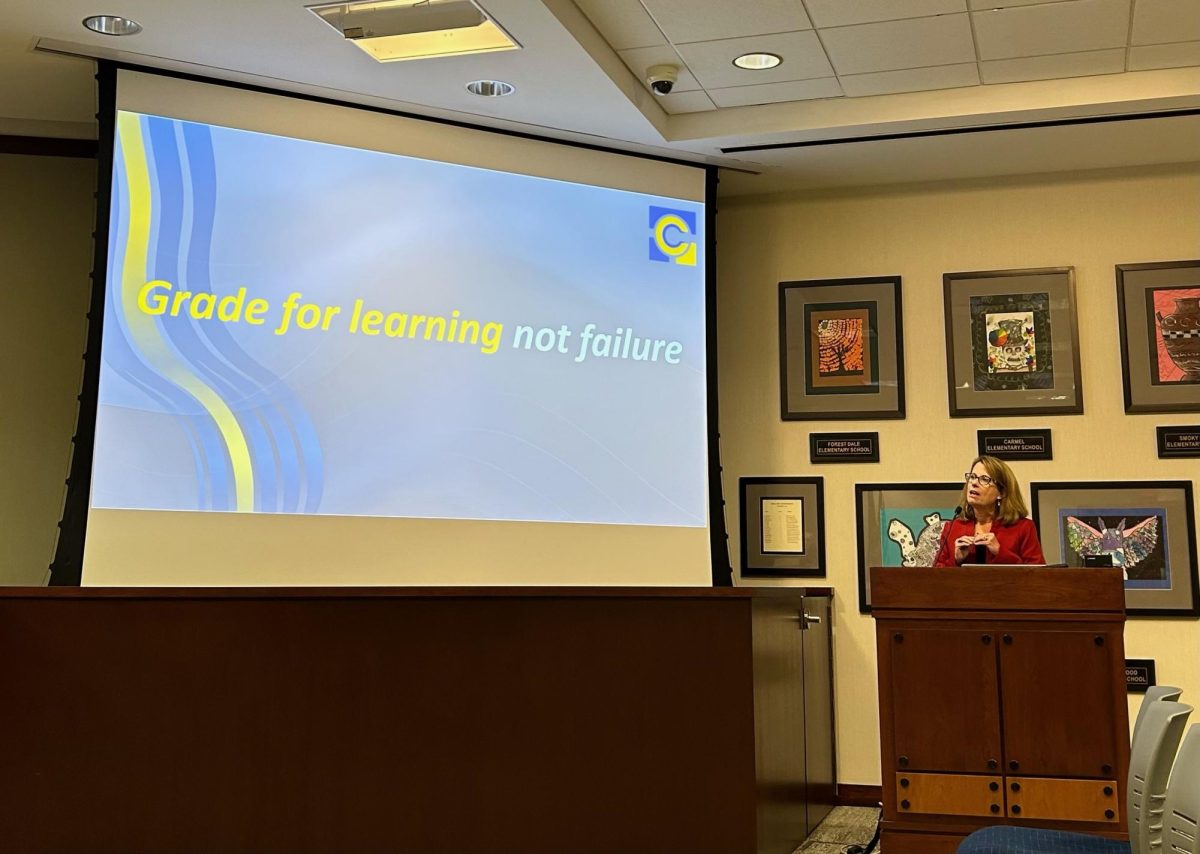

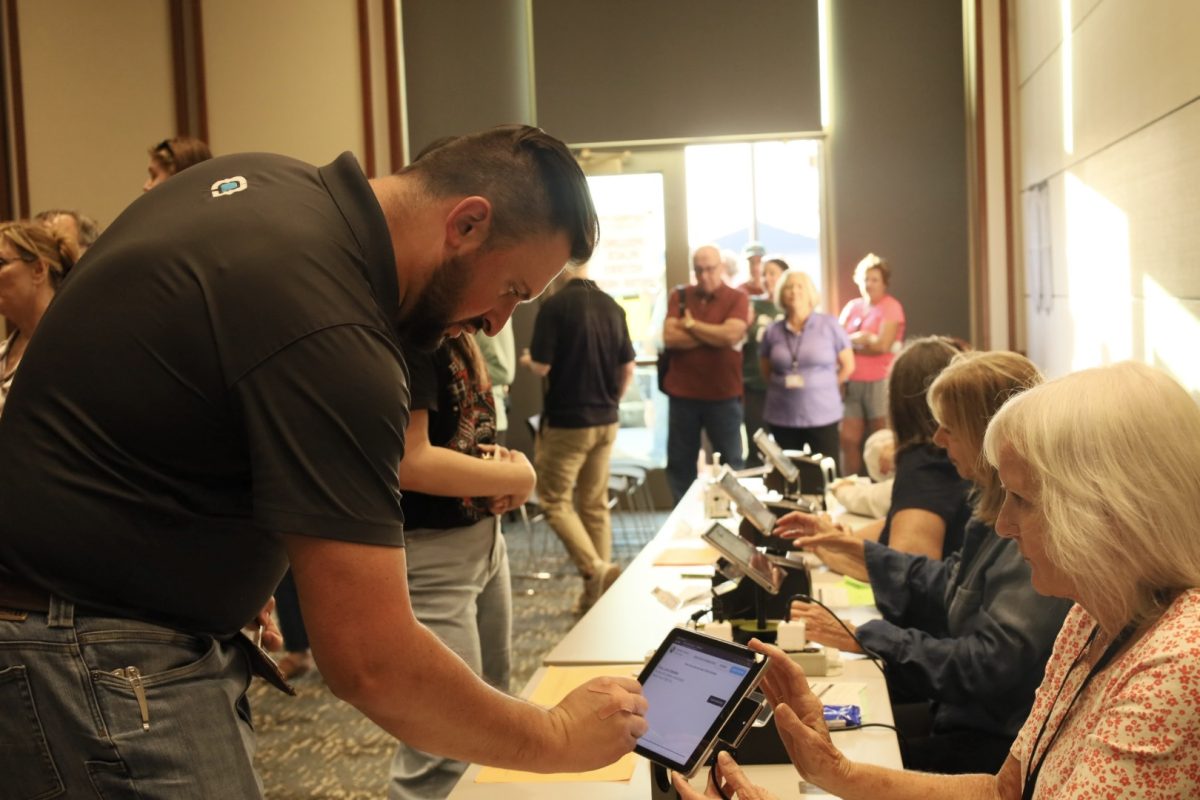

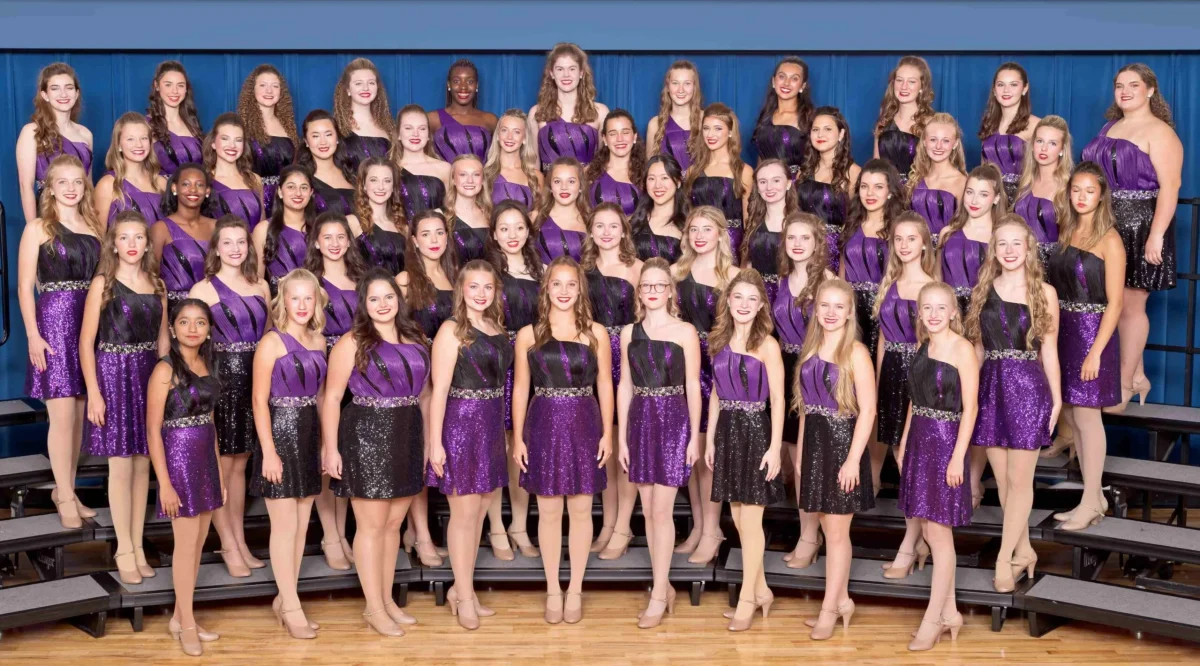

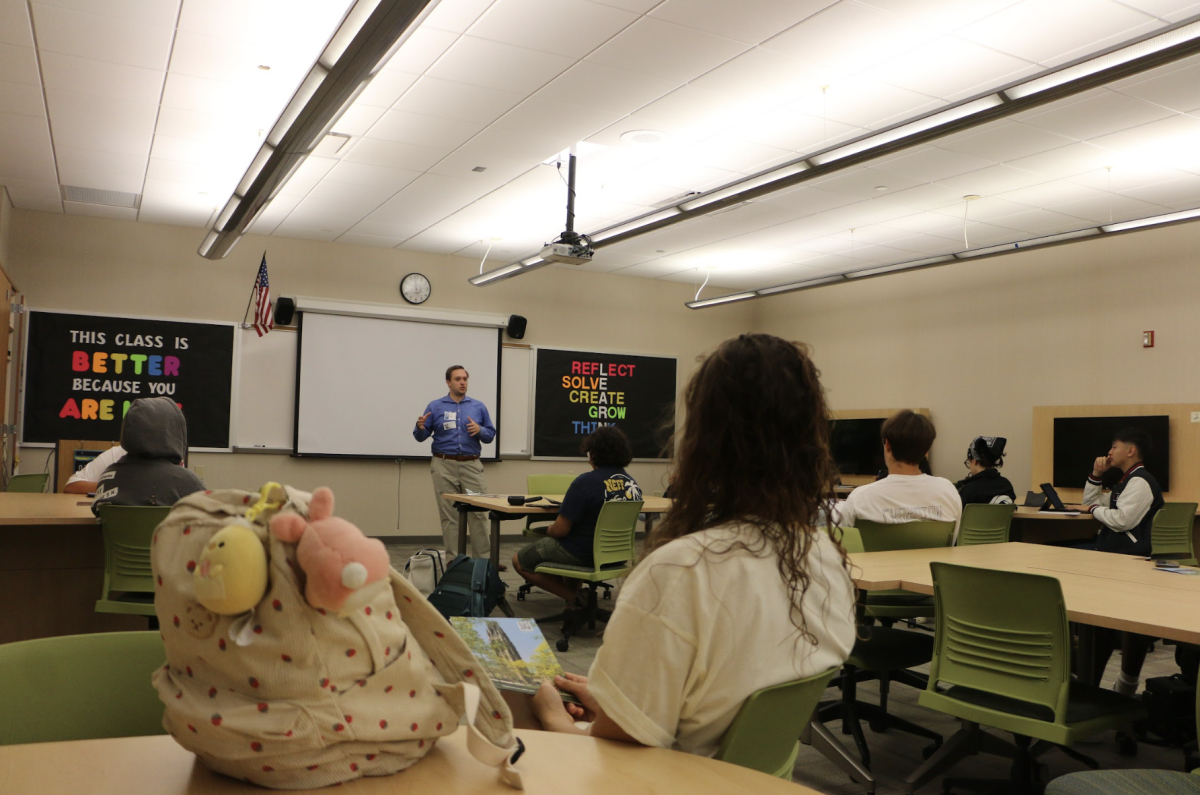


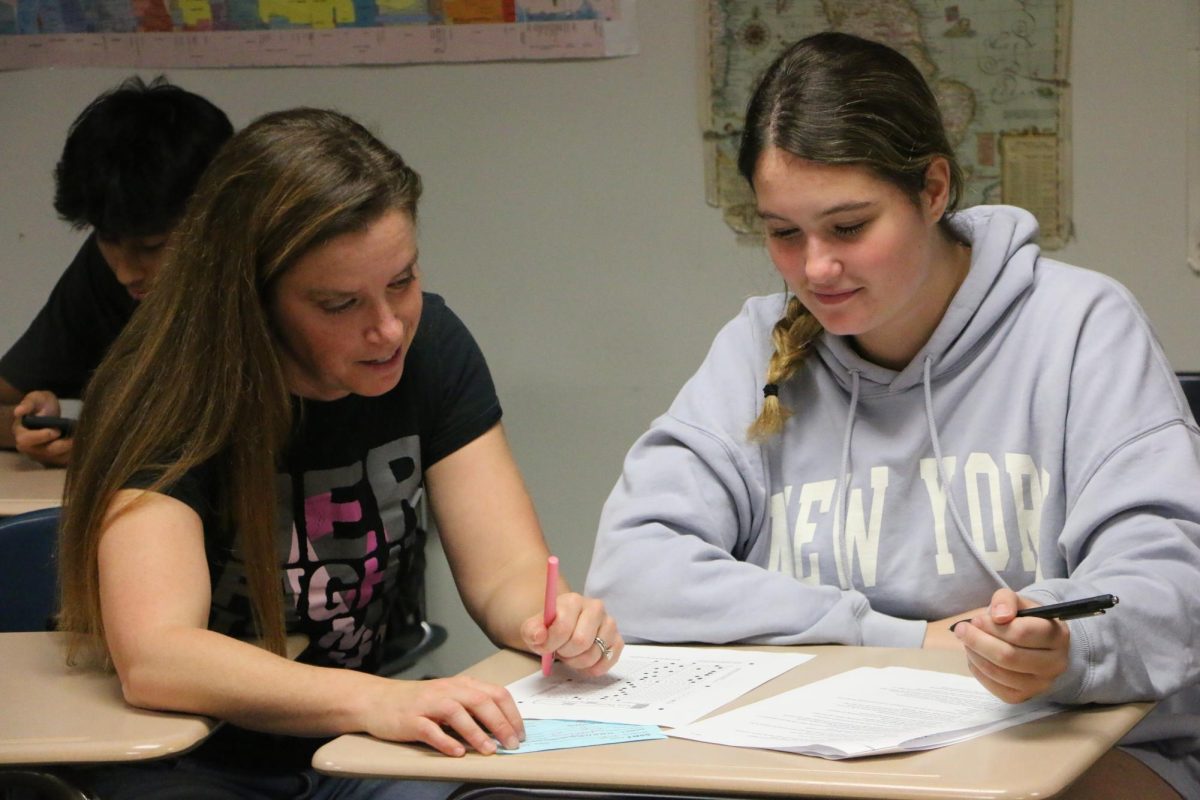

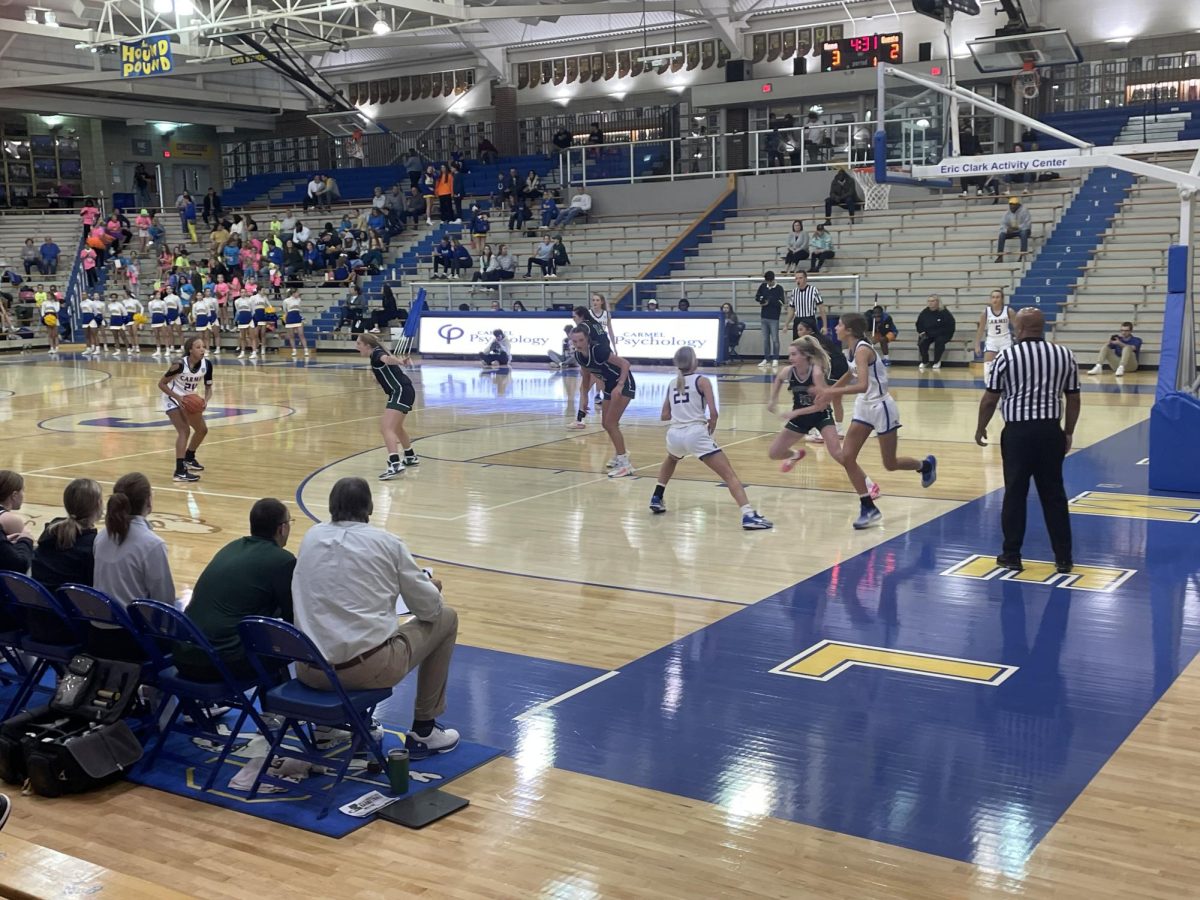
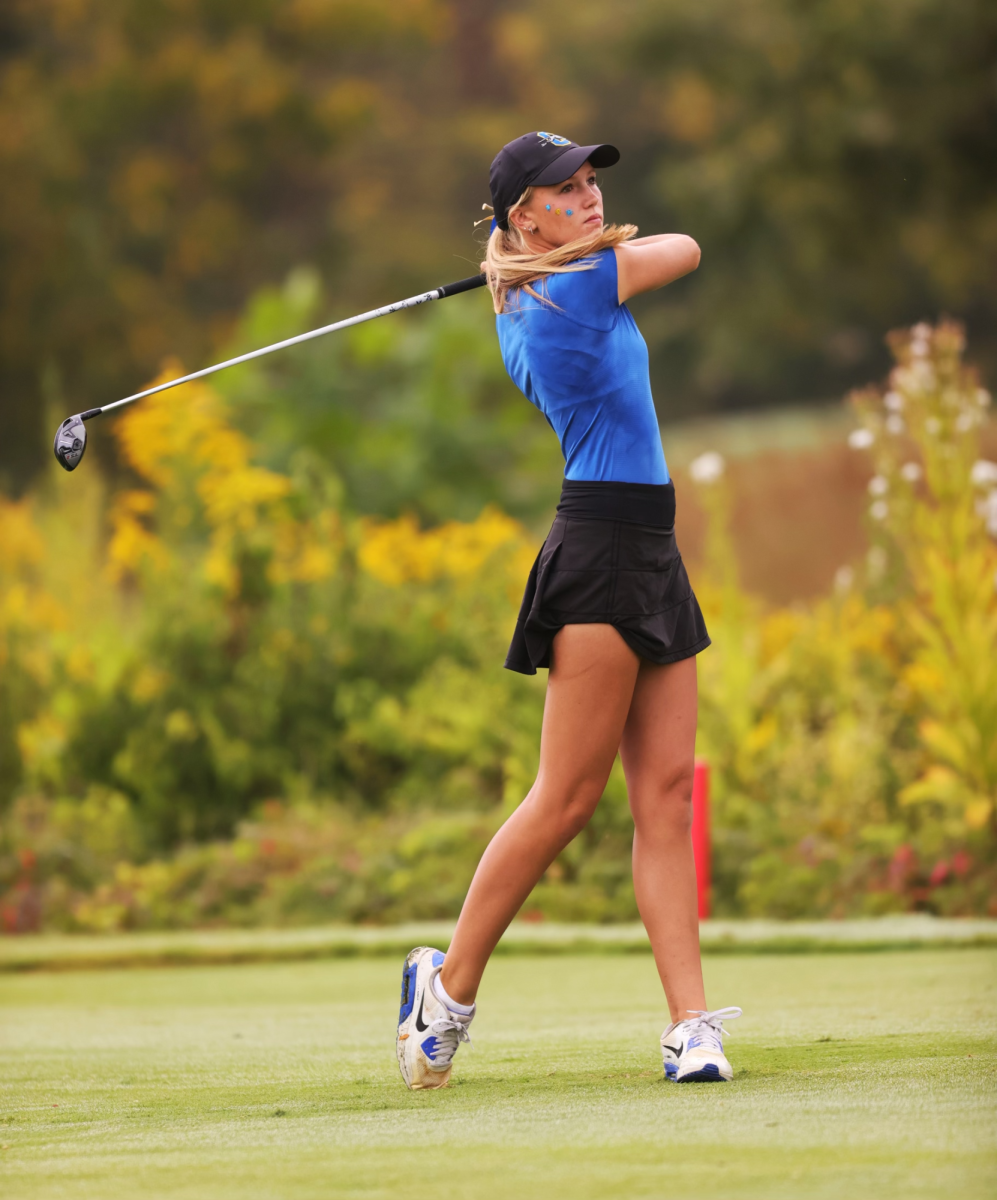

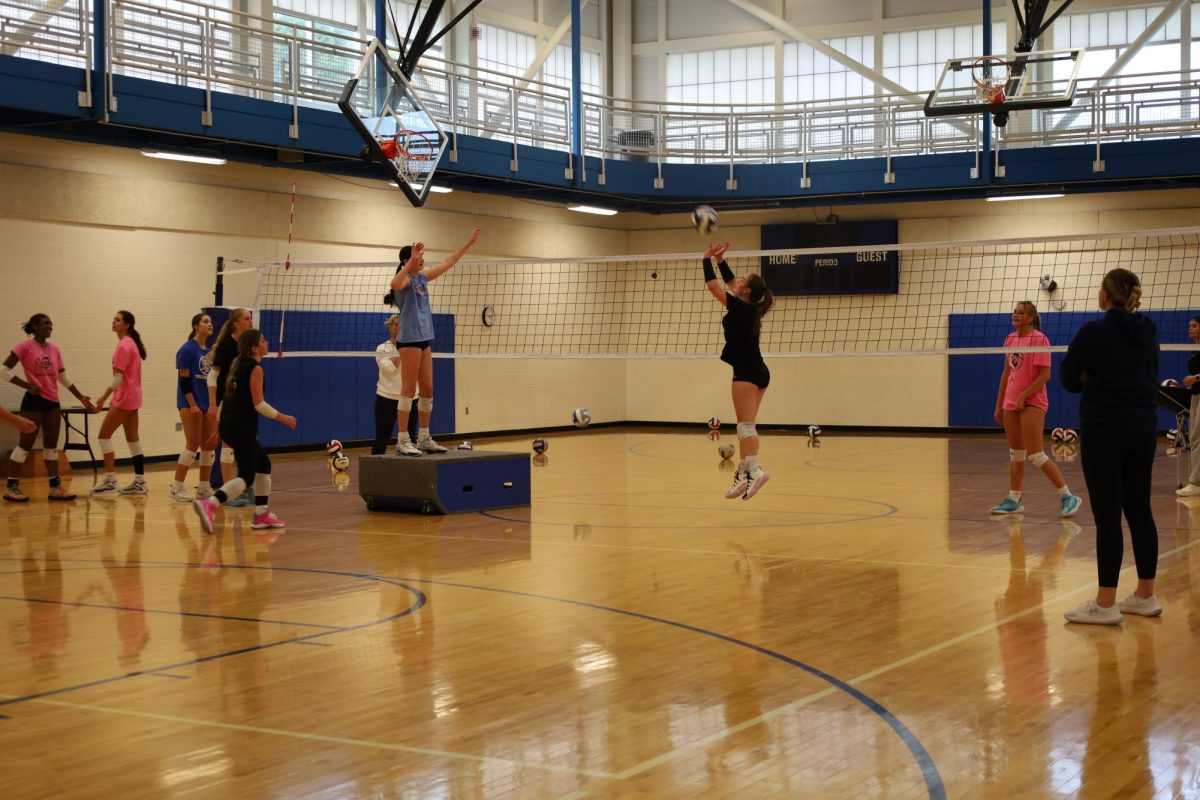
!["Wicked" poster controversy sparks a debate about the importance of accuracy versus artistic freedom [opinion]](https://hilite.org/wp-content/uploads/2024/11/riva-perspective-cover-1200x471.jpg)

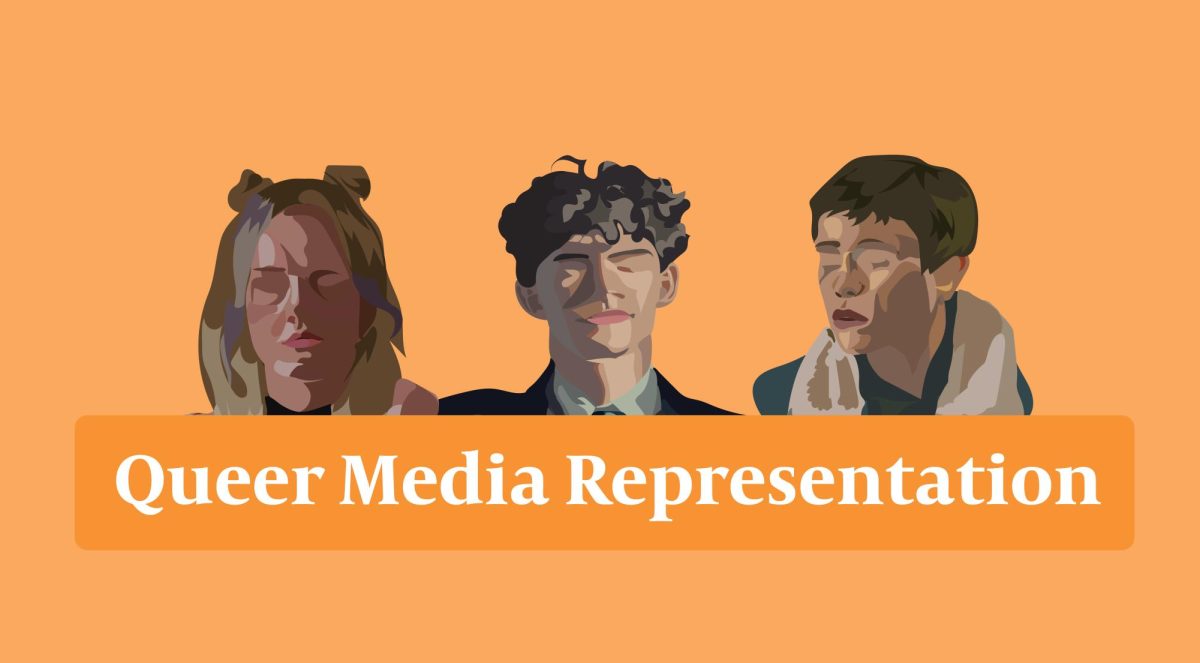
![Chilling or Childish? The downfall of modern horror movies [opinion]](https://hilite.org/wp-content/uploads/2024/10/adjusted-horror-cover-1200x471.jpg)
![“Uglies” is a call for change in the YA dystopian genre [opinion]](https://hilite.org/wp-content/uploads/2024/10/Perspectives-Cover-1200x471.jpg)


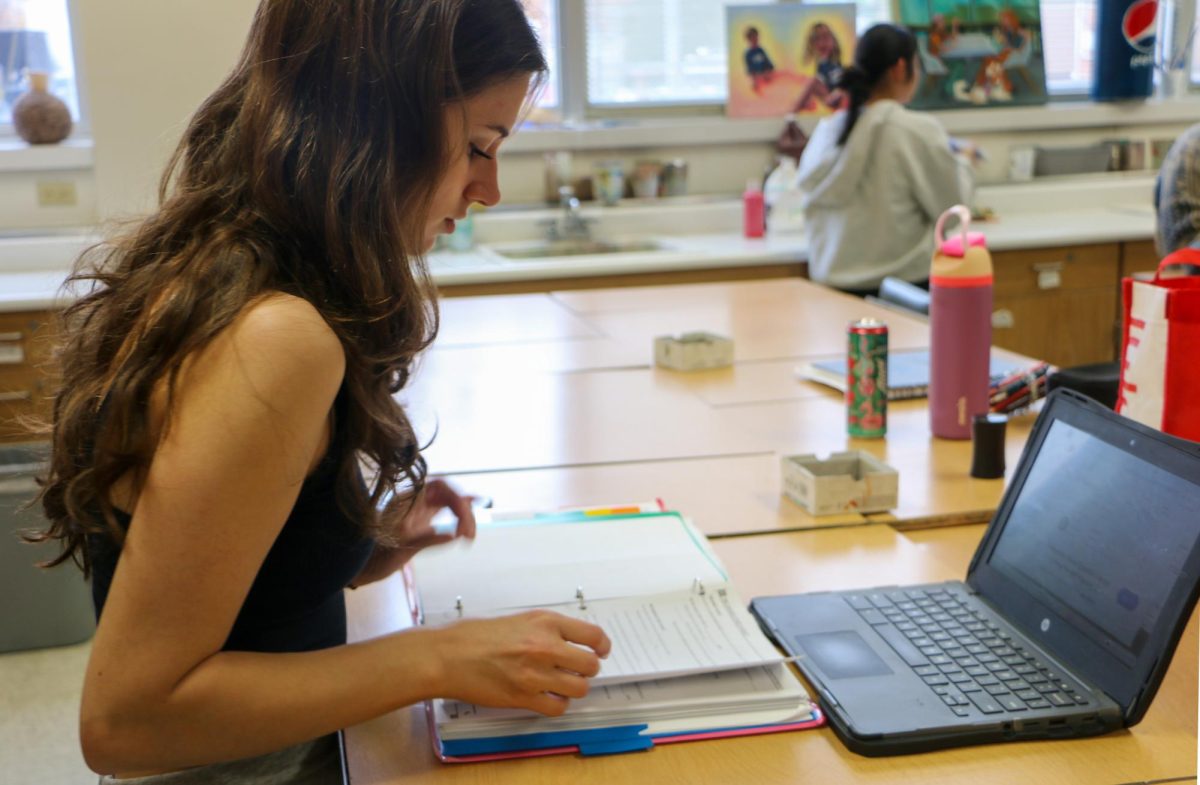









































![Review: “Arcane” Season 2 exceeds expectations, but leaves the finale as the make or break of the series [MUSE]](https://hilite.org/wp-content/uploads/2024/11/GUddsa6XIAAuDuB-1-e1723281667555-1200x676.jpg)
![Review: Indy Scream Park is a perfect level of spook to kickstart the Halloween season [MUSE]](https://hilite.org/wp-content/uploads/2024/11/IMG_1383.jpg)
![Review: “Saturday Night” is a chaotic and thrilling look at the origins of “Saturday Night Live” [MUSE]](https://hilite.org/wp-content/uploads/2024/10/snl-1200x800.jpg)
![Review: “Megalopolis” is a bold, bewildering mess [MUSE]](https://hilite.org/wp-content/uploads/2024/10/MV5BYTk3MjUzMGItYmU1NC00M2YyLThmNDMtNDI4NjkxNjgzMjQzXkEyXkFqcGdeQXRyYW5zY29kZS13b3JrZmxvdw@@._V1_-1200x675.jpg)
![Review in Print: Maripaz Villar brings a delightfully unique style to the world of WEBTOON [MUSE]](https://hilite.org/wp-content/uploads/2023/12/maripazcover-1200x960.jpg)
![Review: “The Sword of Kaigen” is a masterpiece [MUSE]](https://hilite.org/wp-content/uploads/2023/11/Screenshot-2023-11-26-201051.png)
![Review: Gateron Oil Kings, great linear switches, okay price [MUSE]](https://hilite.org/wp-content/uploads/2023/11/Screenshot-2023-11-26-200553.png)
![Review: “A Haunting in Venice” is a significant improvement from other Agatha Christie adaptations [MUSE]](https://hilite.org/wp-content/uploads/2023/11/e7ee2938a6d422669771bce6d8088521.jpg)
![Review: A Thanksgiving story from elementary school, still just as interesting [MUSE]](https://hilite.org/wp-content/uploads/2023/11/Screenshot-2023-11-26-195514-987x1200.png)
![Review: "When I Fly Towards You", cute, uplifting youth drama [MUSE]](https://hilite.org/wp-content/uploads/2023/09/When-I-Fly-Towards-You-Chinese-drama.png)
![Postcards from Muse: Hawaii Travel Diary [MUSE]](https://hilite.org/wp-content/uploads/2023/09/My-project-1-1200x1200.jpg)
![Review: "Ladybug & Cat Noir: The Movie," departure from original show [MUSE]](https://hilite.org/wp-content/uploads/2023/09/Ladybug__Cat_Noir_-_The_Movie_poster.jpg)
![Review in Print: "Hidden Love" is the cute, uplifting drama everyone needs [MUSE]](https://hilite.org/wp-content/uploads/2023/09/hiddenlovecover-e1693597208225-1030x1200.png)
![Review in Print: "Heartstopper" is the heartwarming queer romance we all need [MUSE]](https://hilite.org/wp-content/uploads/2023/08/museheartstoppercover-1200x654.png)




